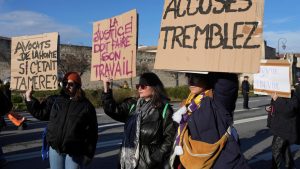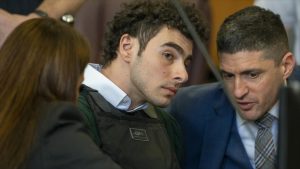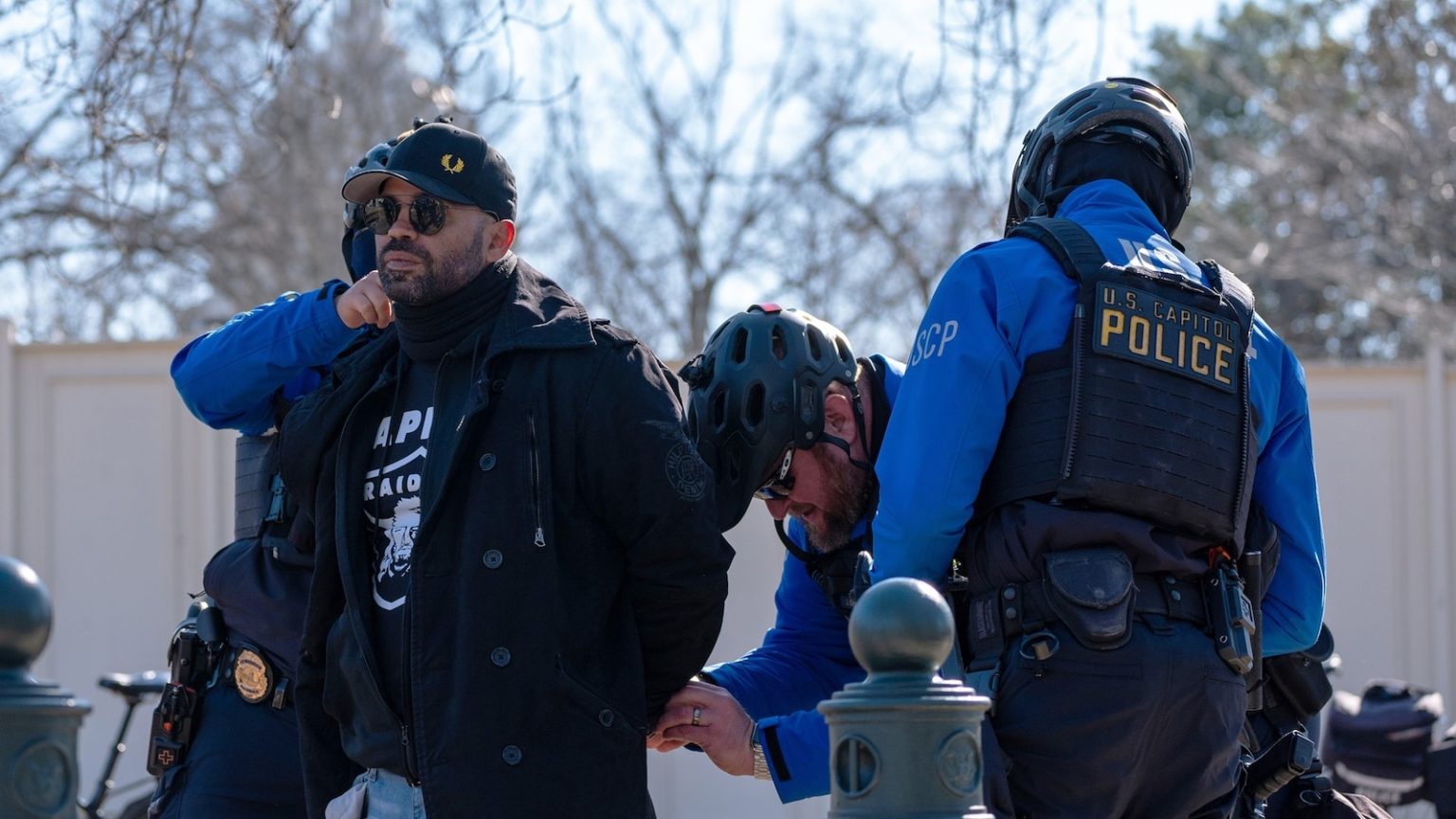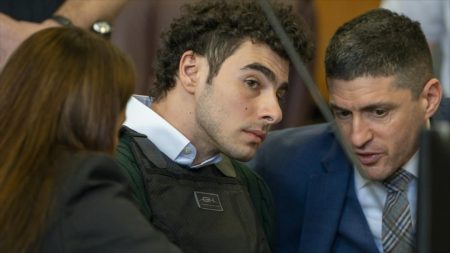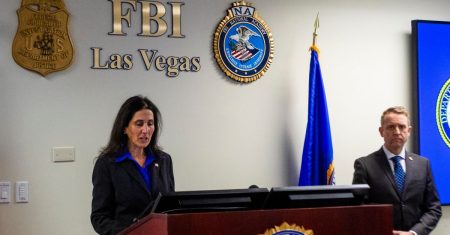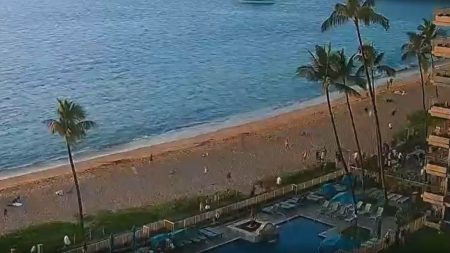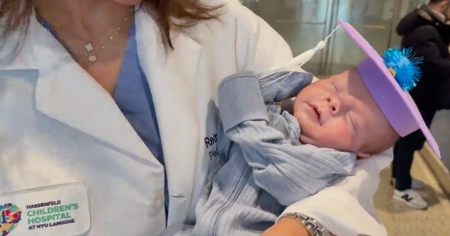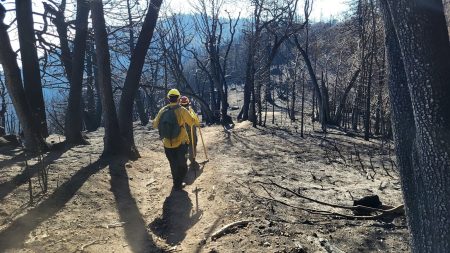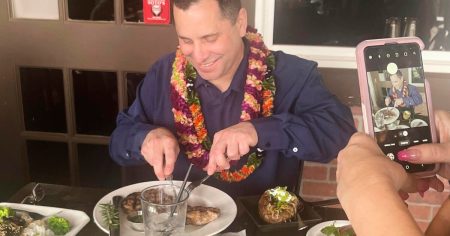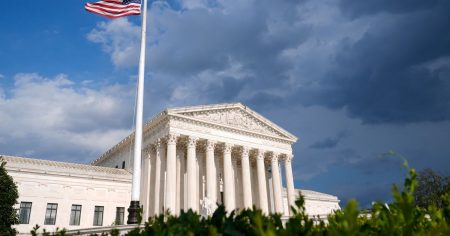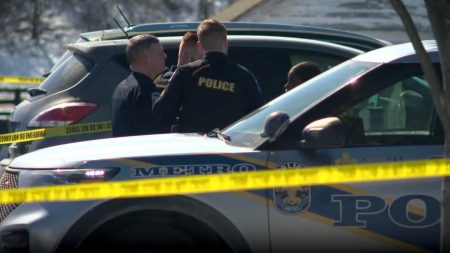Introduction to Enrique Tarrio and the Proud Boys
Enrique Tarrio, a significant figure in the Proud Boys, a group known for its far-right ideology, recently made headlines due to his pardon by President Donald Trump. Despite this, Tarrio found himself in legal trouble again when he was arrested at the U.S. Capitol in February 2025. The Proud Boys, often associated with extremism, have been a topic of discussion due to their involvement in the January 6, 2021, Capitol riot. Understanding Tarrio’s role and the group’s influence is crucial for grasping the broader implications of these events.
The Recent Arrest at the U.S. Capitol
Tarrio’s latest arrest occurred on February 21, 2025, following an altercation near the Capitol. The incident involved a woman who approached him with her phone, prompting Tarrio to react physically. This event underscores the ongoing tensions surrounding political activism and public gatherings in Washington D.C., highlighting how volatile situations can quickly escalate, especially when emotions run high.
The January 6 Riot and Its Aftermath
Although Tarrio was not present at the Capitol on January 6, 2021, his involvement in the events leading up to the riot is significant. Prosecutors highlighted a strategic plan found in his possession, detailing plans to "storm" government buildings, which was used as evidence against him. This plan, coupled with his purported violent rhetoric in communications, linked him to the orchestrated attack, even in absentia. The riot itself remains a pivotal moment in American history, symbolizing the challenges to democratic processes and the rise of extremist movements.
The Trial and Sentencing of Enrique Tarrio
Tarrio’s conviction for seditious conspiracy led to a notable sentence, marking him as a key player in the January 6 events. His absence on the day of the riot did not diminish the gravity of the charges, as evidence suggested his prior involvement in planning and inciting violence. The lengthy sentence he received reflects the seriousness with which the judiciary viewed his actions, setting a precedent for similar cases and emphasizing the legal system’s stance on domestic extremism.
The Presidential Pardon and Its Controversies
President Trump’s pardon of Tarrio sparked significant debate, given Tarrio’s convicted role in the Capitol riot. The pardon was seen by some as a symbolic gesture of support for figures associated with the events of January 6, while others viewed it as a controversial decision that undermined the legal process. This action highlights the complex interplay between political influence and judicial outcomes, raising questions about justice, accountability, and the role of executive power.
Ongoing Debates and Reflections on Extremism
Tarrio’s story brings to the forefront broader discussions about extremism, political violence, and the polarization of American society. The intersection of free speech and criminal activity, especially in the context of groups like the Proud Boys, presents challenges for law enforcement and policymakers. As the U.S. grapples with these issues, Tarrio’s case serves as a reminder of the delicate balance between security and civil liberties in a democracy. His narrative, marked by both pardon and arrest, continues to evolve, reflecting the tensions of our times and the ongoing quest for justice and accountability.

